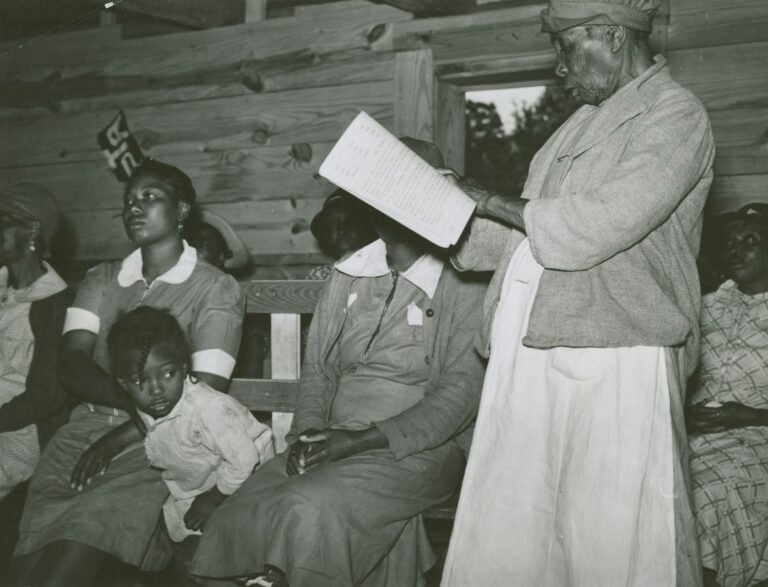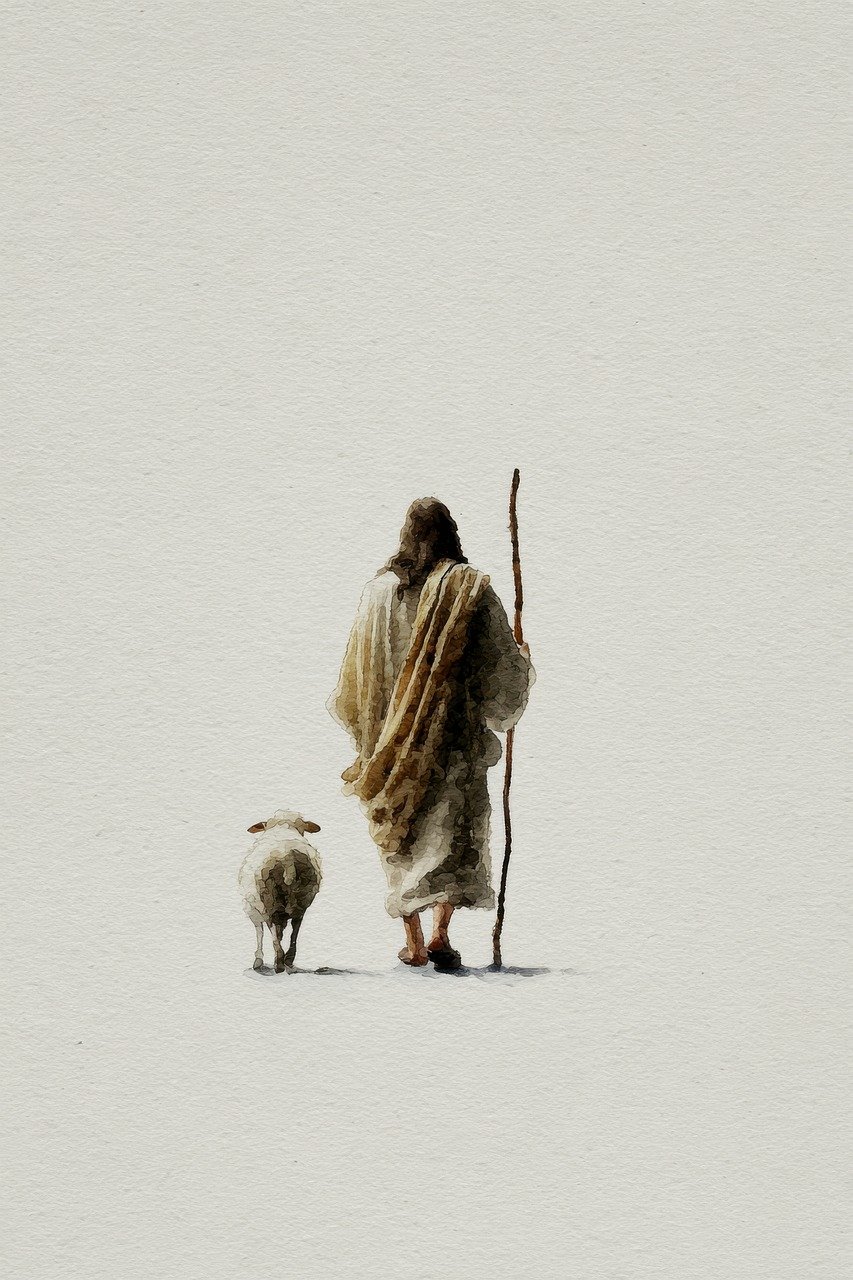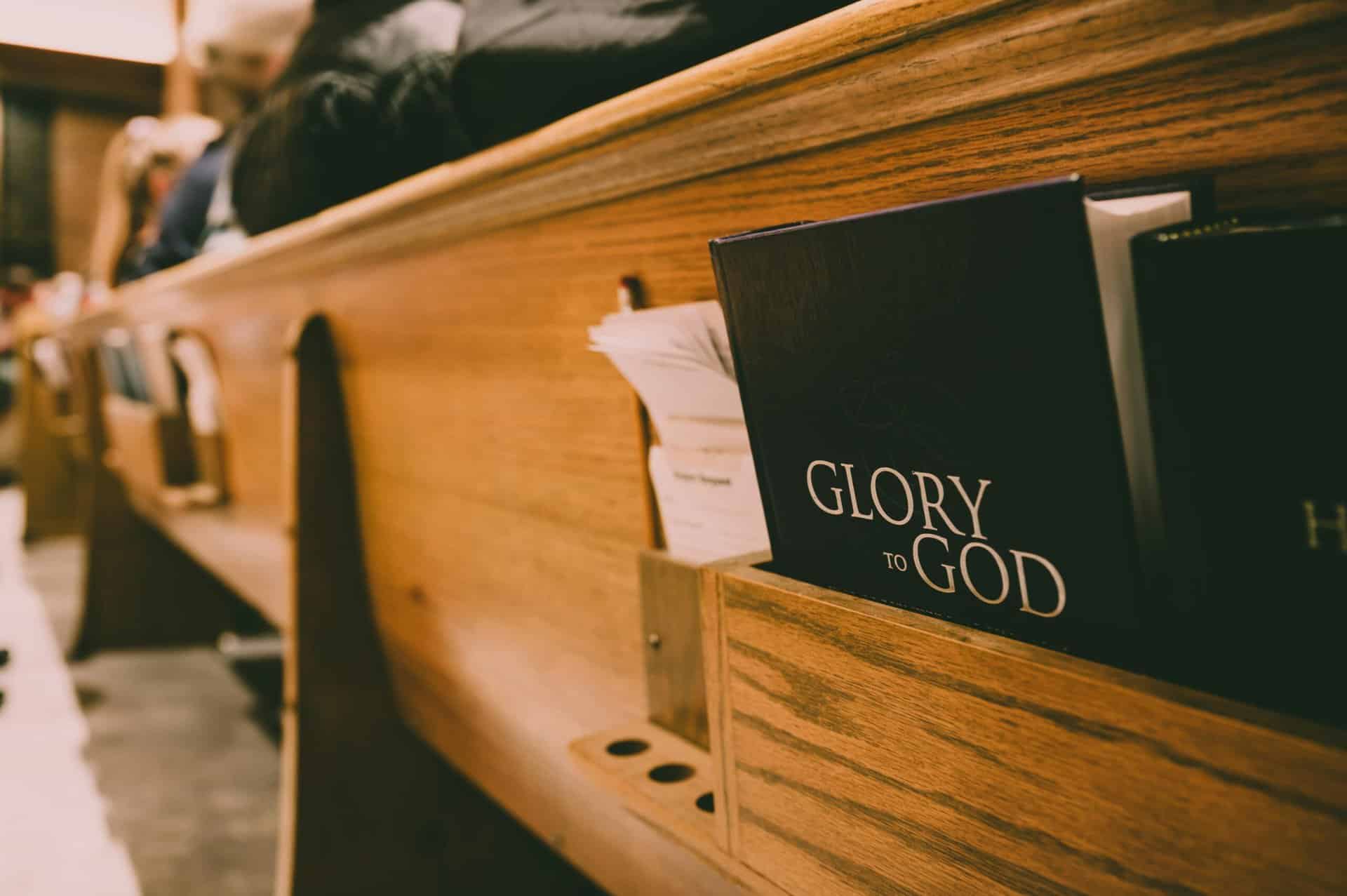As you know if you have read my blogs for any length of time, I am a true supporter of people preserving their heritage, their legacy materials, and most especially their stories. The inspiration and especially the passing down of faith stories are always things I celebrate.
Recently, I ran across a “Commentary: My American Story” which was an article printed by the National News online in conjunction with the Chicago Defender. I learned the Chicago Defender is a newspaper founded in 1905 which became the “most influential African American newspaper during the early and mid-20th century.”
Well, this story was different from the usual family history recitation. It was inspiring and at the same time chastising to me about the time and attention (or lack thereof) I have given to searching, saving and sharing my family’s legacy.
Here’s the synopsis of Tonia Wellons’ article starting with her opening line: My name is Tonia Wellons, and I am the daughter of Rendell and Carol Wellons, the granddaughter of Ruth and James Lane, the great-granddaughter of St. Paul and Julia Wellons, the great-great-granddaughter of Hack and Maria Holloman and the third great-granddaughter of Jason and Maria Holloman.
She then shared that this lineage was spoken aloud at their 71st family reunion (August, 2025) and has been spoken aloud at every family reunion for seventy years. It “carries the weight of our collective memory and the power of our shared triumph.”
And here is the kicker summary she gives: When I trace my roots back through eight generations to Temperance Brown, born around 1805 in Ivor, Virginia, I am not just recounting names and dates —I am honoring a legacy of resilience, faith, and unwavering commitment to family and community that defines who I am today.
As I read her article, I am remembering meeting a young black woman in Salt Lake City on one of my genealogy research trips. As we talked, she mentioned how she didn’t even try to research her family because the records were so hard to find and trace through the slave years.
Tonia Wellons affirms that sentiment adding that her family has insisted on remembering, on speaking their truth, on ensuring that future generations know they come from greatness. She believes this is a time when sharing Black history is facing a very real, very direct threat in this country and she is encouraging them by proudly telling their stories and preserving their history.
She starts with explaining that Temperance Brown was born into bondage yet “became the foundation upon which our family’s American story was built” — she tied up the family tree back through Jason Holloman who married Temperance Brown’s daughter. Jason was described in their oral history as a “proud and courageous man who refused to be beaten by his master,” was sold away to Alabama, never to be seen again, while his wife Maria faced the unimaginable – raising 3 sons alone while enslaved. This was around 1830, just one year before Nat Turner’s rebellion would shake the very foundations of Virginia’s plantation system.
She was right about the dearth of material on African American history – I googled and came up empty (except for Tonia Wellons’ article) on who Temperance Brown was although I have read of the name before. Interesting.
The next part of her narrative story was outstanding and, as she says, it reveals the extraordinary character that runs through her family’s bloodline. After the Civil War ended, Maria’s 3 sons—Hack Hanson, James Henry, and Julius – did something revolutionary: they purchased the very plantation where they had once lived as slaves. “Overhome,” as it was known, became more than just land; it became a symbol of transformation, a place where the formerly enslaved became landowners, where the oppressed became community leaders.
Her recounting of the family story is so rich, the type we wish we all knew about our previous generations:
The values that sustained our family through these trials were rooted in faith, community, and an unshakeable belief in justice. Hack and James Henry, according to our family historians were “very outspoken and stood up for the rights of others.” They weren’t politicians, but they stayed informed about political activities, riding their “jumper” – a one-seat buggy – to Courtland whenever issues demanded their attention. As the first Black landowners in Southampton County and among the first Black voters in the county, they understood that their freedom was meaningless unless they actively participated in shaping their community’s future.
Tonia shares that her family’s tradition of annual family gatherings wasn’t just about family fellowship but it was about preserving their story and ensuring that each generation understood where we came from and what we had overcome. She says in those times, family members shared “reminiscences of the old slavery days” and stories of hardship, but also of triumph.
But she pointedly states “These weren’t just memories – they were lessons in resilience, blueprints for survival, and testimonials to the power of faith and family unity.” She recounts how faith was the cornerstone that held the family together through centuries of struggle. “The strict moral teachings of our ancestors, their emphasis on respect and faith, created a foundation strong enough to withstand the storms of slavery, Jim Crow, and beyond.”
I appreciate her takeaway from this. She says this spiritual grounding didn’t make them passive; instead, it empowered them to act with purpose and conviction. And she adds that today, her faith continues to guide her work, providing both the moral compass and the inner strength needed to confront injustice wherever she finds it.
And later she emphasizes a point I so appreciate because I hear it often as I talk to people about preserving their family stories. She says the preservation of her family history through oral tradition speaks to another core value: the understanding that our stories matter. I so agree with her. We need to keep that perspective in mind as we reach back into our family’s stories and add to them our own – our stories matter!
I love her ending words. Standing on the shoulders of eight generations, I carry forward not just their DNA, but their dreams, their courage, and their unwavering belief that this country, for all its flaws, is our home. We helped build it, we fought for it, and we continue to perfect it. That is my American story – one of transformation, resilience, and the unbreakable bonds of family that have sustained us for over two centuries.
May this story ignite and encourage you to gather what you have, dig for more, pull your family strings to get help in finding and saving the family stories, details, insights and history. And pull it together into the overarching narrative that will encourage and enrich the present and future generations.(P.S. Yes, I am now even more dedicated to deliver a Family History Bootcamp in September – if you have ever considered taking it, do it now as the price will be going up after this one – Bootcamp – Candy McCune )



